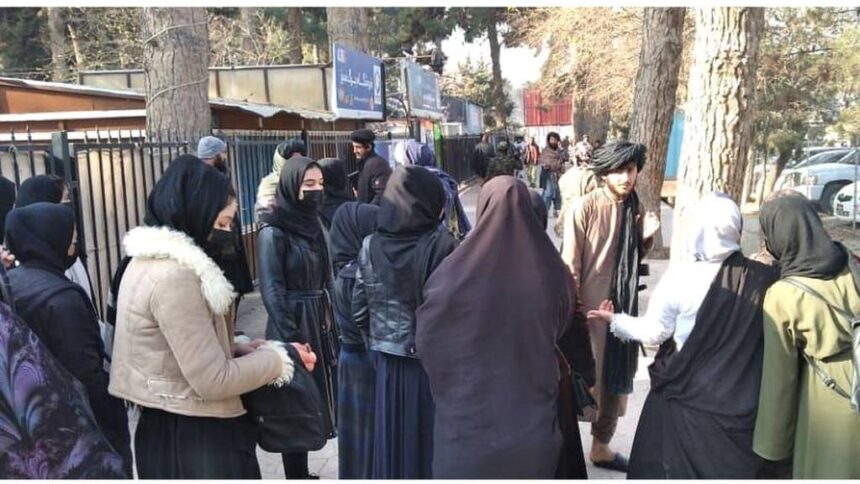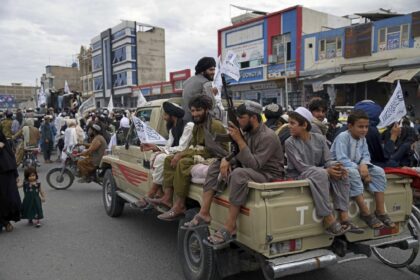RASC News Agency: The Taliban have announced plans to construct a diplomatic enclave in Kabul for foreign diplomats. This announcement comes at a time when no country has formally recognized the Taliban regime, and many nations still categorize the group as a terrorist organization. Meanwhile, Afghanistani citizens continue to suffer from severe poverty and widespread unemployment. In a statement issued by the Taliban’s Ministry of Urban Development and Housing, it was revealed that the proposed enclave will be built in Kabul’s Darul Aman area. The Taliban’s announcement comes amidst a profound legitimacy crisis, as the international community largely perceives Afghanistan under their control as a significant global security concern.
According to the ministry’s statement, released on Monday, December 16, Mohammad Yousuf Latif, Head of Survey and GIS at the ministry, confirmed that technical and professional teams have already completed the survey and topographical analysis for the project. The ministry further stated that the enclave, spanning 371.5 jeribs (approximately 74 hectares), is being developed at the request of the Taliban’s Ministry of Foreign Affairs. A map released by the ministry indicates the enclave’s location at the foothills of Qurigh Mountain, positioned between the historic Darul Aman Palace and the Omid Sabz residential project.
The enclave is to be situated just below the tomb of Sardar Daoud Khan, Afghanistan’s first president, and above the Charahi public cemetery in Kabul, according to the blueprint. Additionally, the Taliban have announced plans for the construction of several residential projects across various provinces. During a recent meeting in Kabul, they also decided to build mosques along major highways. This announcement comes against the backdrop of an unrelenting humanitarian crisis. The World Food Programme (WFP) recently reported that 15 million Afghanistani citizens are struggling with food insecurity and urgently require humanitarian assistance. The dire economic situation, marked by poverty and unemployment, stands in stark contrast to the Taliban’s focus on such symbolic construction projects.
While millions of Afghanistanis grapple with daily survival, the Taliban’s priorities appear to reflect a widening disconnect between their governance and the desperate humanitarian needs of the population.






